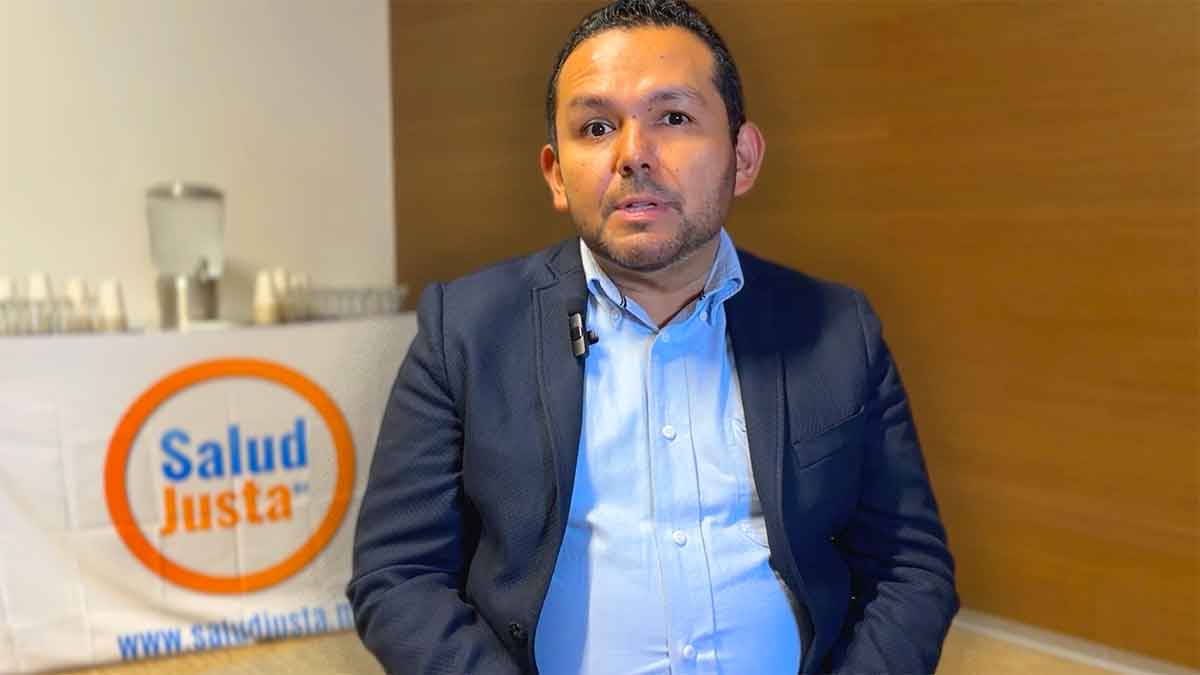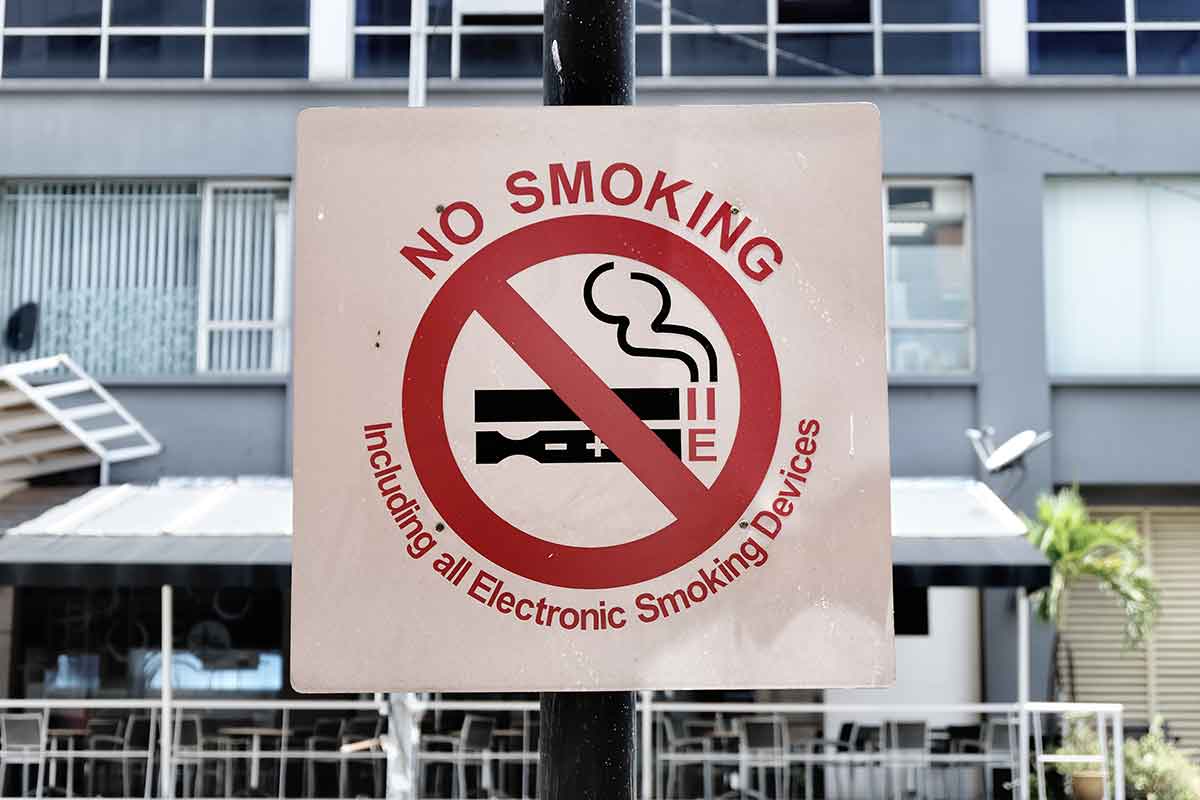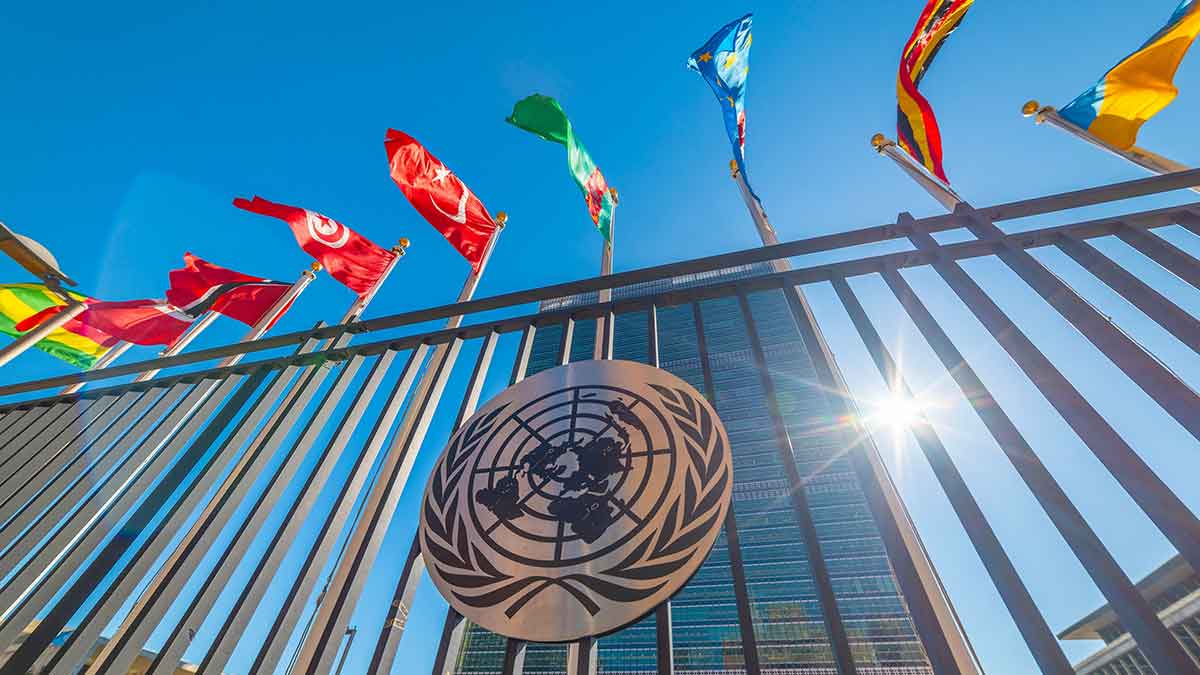- Resources
- News
-
-
Get Email Updates
Sign up for STOP's emails and never miss an update on our latest work and the tobacco industry's activity.
-
Get Funding
Ready to tackle industry interference? You could be eligible for a grant.
-
Share a Tip
Do you have information on tobacco industry misconduct in your country? Let us know.
-
Get Email Updates

Successfully reducing tobacco use requires collaboration. Advocates find allies in nongovernmental organizations, policymakers and, of course, other advocates. But one ally’s power of persuasion should never be underestimated: the public.
As tobacco harms have become more widely known, surveys show increasing support for reducing smoking. Understanding and leveraging public opinion is a powerful means of supporting legislation to protect citizens. Decisionmakers, especially when elected, are sensitive to public opinion and may be more likely to act when citizens’ voices are among the chorus calling for change.
Erick Antonio Ochoa knows this. His organization, Salud Justa México, uses many tools to protect health, including coalitions, litigation and strategic communications. Often, however, it is partnering with the public that produces direct benefits.
“This support is essential,” he says. “Our progress in policies is due to mobilizing public will—making legislators and officials more committed to public health.”
Mexico’s tobacco laws are under constant attack
Mexico passed its comprehensive General Law for Tobacco Control in 2021, which a district judge strengthened in January 2023. It includes strong protections: smoke-free public places, graphic health warnings (GHWs), bans on emerging products and advertising prohibitions, including at points of sale.
Ochoa and his colleagues worked diligently to support the law, but rather than being the finish line, its passage through Mexico’s congress marked a new challenge.
In addition to the industry’s influence with legislators and policymakers, Ochoa says tobacco companies and their allies have used their legal teams to weaken or reverse the nation’s strong laws. The industry—along with front groups, hospitality partners and retailers such as Walmart Mexico—have flooded the courts with 2,500 injunctions, he says.
They have challenged GHW requirements and demanded exceptions to smoke-free laws for restaurants and casinos. Walmart Mexico challenged tobacco advertising bans.
The tobacco control community hasn’t won every case, but Ochoa estimates it has prevailed in about 80%. Salud Justa’s work continues as the industry works constantly to weaken or reverse these laws meant to protect Mexico’s people.
Working in Salud Justa’s favor is a huge majority of Mexicans who support tobacco control, which the organization leverages to help convince justices and policymakers to ignore industry demands and defend public health. The group also works to counter misinformation—particularly about so-called “harm reduction” products like electronic cigarettes, which confuses even experts, Ochoa says.
“The leaders of civil organizations must connect with the people, not just public decisionmakers,” he says. “We must seek different mechanisms to gain public support and effective citizen participation. This includes social media and external communication strategies with various media outlets.”

Our progress in policies is due to mobilizing public will—making legislators and officials more committed to public health.
Erick Antonio Ochoa
Harnessing the power of public support
Research backs this approach. One study shows that in the United States state-level advocacy requires “active support of coalitions, networks, faith groups, business owners, and individuals communicating directly with their elected officials.” Public support can also aid cessation and prevent youth smoking, the study finds.
Even with its wealth and resources, the study says, the industry struggles to counter the calls of “authentic, combined voices of constituents fighting to create a healthier future. … Those voices cannot be ignored when amplified and sustained through press events, op-eds, letters to editors, social media and other activities that publicly echo the call to action.”
In Kenya, advocates leveraged public opinion—including more than 90% approval for GHWs and smoke-free public places—to generate lawmaker support for national legislation. With public support, Beverly Hills, California, became the first U.S. jurisdiction to eliminate commercial tobacco sales. Mobilizing the public, including first responders and health care providers, allowed Rhode Island to update smoke-free school policies ahead of industry attempts to carve out exceptions for e-cigarettes.
Ensuring industry messaging is not the status quo
Exposing industry misconduct and calling attention to its influence and policy goals aid tobacco industry denormalization, which one study describes as “a disease prevention strategy that strips the tobacco industry of the illegitimately obtained normalcy that often blocks government implementation of effective tobacco control policies.”
For Ochoa, who lost his father to tobacco-related complications, it’s all about protecting families and children. Exposing the industry’s interference and false narratives is crucial. Even with Mexico’ strong laws, tobacco kills 63,000 people a year (almost 10% of all country deaths), mainly due to heart disease, chronic obstructive pulmonary disease or cancers.
“The premature death of a parent due to tobacco affects not just the individual but also their families, potentially leaving children unprotected,” Ochoa says. “By defending the law, we are also protecting the lives of millions of Mexicans. Mexico is the 10th-most populous country in the world, so any lack of control can affect millions of lives.”




